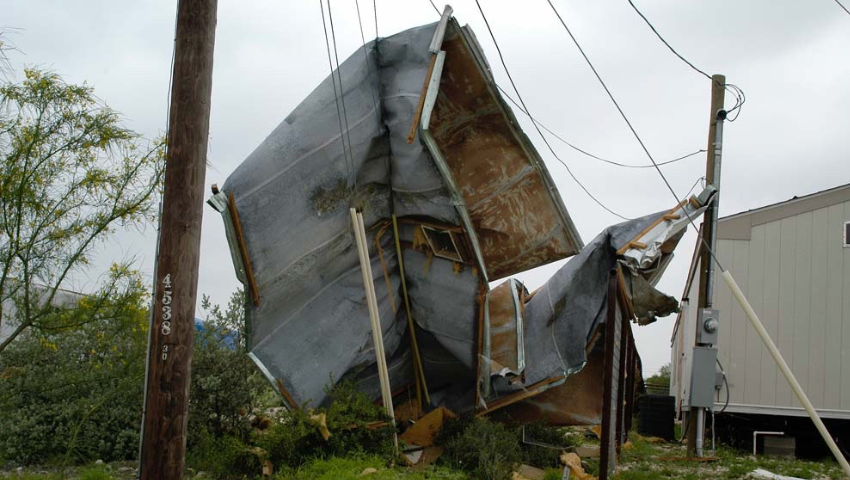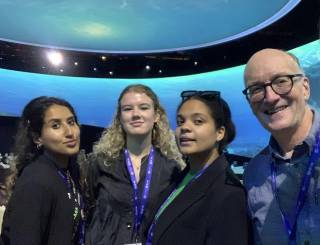About IRDR
Natural hazards such as earthquakes, volcanic eruptions, tsunami, floods and storms destroy lives and damage economies across the globe; pandemics have the potential to bring death and suffering on an unprecedented scale; while climate change may increase the severity of disasters.
How society sees risk, how to link understanding of the causative mechanics to statistical approaches, and how to increase resilience and reduce the risk of disasters are common themes cutting across research in natural, environmental, health and technological hazards. The IRDR, with its new academic staff, many jointly appointed with key UCL departments, its rapidly growing trans-disciplinary PhD research centre, integrative masters teaching, programme of public events and partnerships with humanitarian, financial, research and civil protection organisations, seeks to bring together this diverse expertise at UCL. We aim to maximise the impact and value of UCL activities and to increase and enhance cross-disciplinary collaboration and cooperation globally.
Humanitarian Institute
Budding off from the IRDR, we launched the Humanitarian Institute in 2016, aiming to mobilise UCL’s research, expertise, teaching and the student body to impact global humanitarian challenges and to promote education for global citizenship and the connected curriculum at UCL as part of the Provost's Strategic Development initiative.
UCL Grand Challenges
These are ambitious tasks and as part of the UCL Grand Challenges we aspire to the vision of UCL in 2034, for creating a global university champion for the UK in humanitarian response and disaster risk reduction. If this vision appeals to you, we invite you to join with us.
 Close
Close









